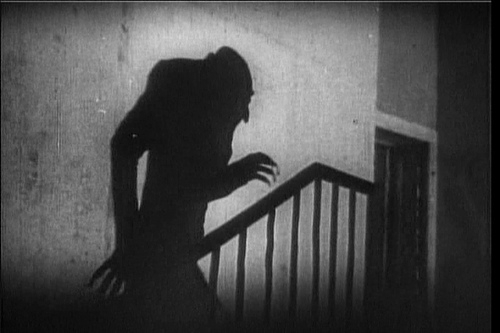
Those who enjoy scaring themselves through horror films may want to take a break from their spooky flicks marathons.
According to a new study, watching horror movies can be dangerous for one's health is it can produce a blood clotting protein, The Guardian reported.
The researchers from Leiden University noted that the study was conducted to explain the truthfulness of the term bloodcurdling, which is used to describe heightened levels of fear and terror. They explained that this word originated from medieval times and refers to the curdling of blood due to extreme fear.
To test out this condition, the researchers carried out a study on 24 health participants aged 30 years old and below. The volunteers were then divided into two groups. One group was asked to watch the 2010 horror film "Insidious" followed by the non-scary educational movie "A Year in Champagne." The other groups also watched the same films but in reverse order.
After the viewings, the researchers took blood samples from the participants and analyzed them. They discovered that after watching the horror film, the protein known as Factor VIII spiked by more than 11 IU/dl or Internal Unit/deciliter. The researchers noted that at this level, the blood is in danger of clotting.
The same high level of the protein, however, was not found in participants after watching the educational movie.
As explained by the National Heart, Lung and Blood Institute, blood clots can form within or travel to the arteries. Once this happens, it could block the flow of blood to vital organs of the body such as the brain, lungs, heart, and kidneys. This could lead to serious medical conditions such as a heart attack, stroke and kidney failure.
Through the experiment, the researchers noted that Factor VIII can be directly affected by acute fear. However, despite the heightened levels of the blood clotting protein, they did not see traces of actual blood coagulation in the samples they studied. But, based on their findings, the researchers said that bloodcurdling is a valid term.
"Although it's not immediately obvious by which means our results could confer clinical benefits a broader implications of these study results is that after centuries the term bloodcurdling in literature is justified," Dr. Banne Nemeth, the lead author of the study said in a statement according to The Telegraph.
"In young and healthy adults, watching bloodcurdling movies is associated with an increase in blood coagulant Factor VIII without actual thrombin formation," the researchers added.
The study conducted by the researchers was published on December 16 in the British Medical Journal.














